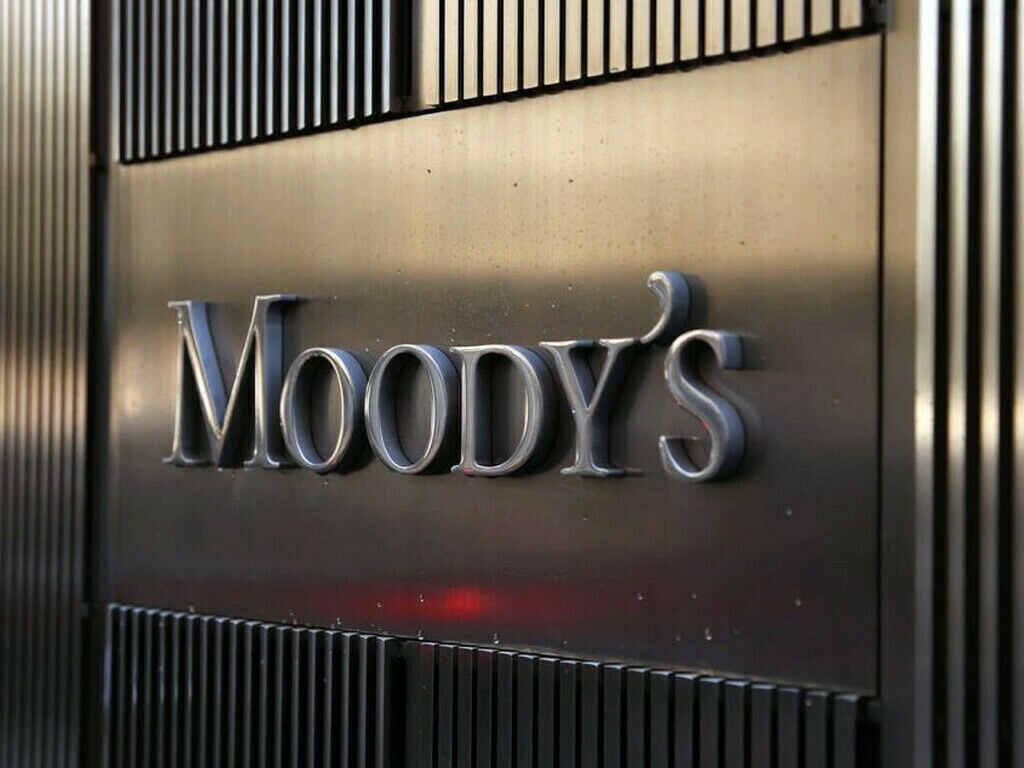Fiscal consolidation: Economic, political uncertainty to challenge the pace: Moody’s
- States that credit profile of Pakistan reflects its low fiscal strength, weak institutions and governance strength
ISLAMABAD: The economic and political uncertainty will challenge the pace of fiscal consolidation in the fiscal year 2023, says Moody’s Investors Service (Moody’s).
The rating agency in its latest report “Government of Pakistan - B3 negative, Annual credit analysis, overview and outlook”, stated that the credit profile of Pakistan reflects its low fiscal strength, weak institutions and governance strength, heightened external vulnerability risks and elevated political risks, balanced against a large economy and robust growth potential.
The social risk in the country is also highly negative, reflecting low household incomes, limited access to quality healthcare and basic services, and ongoing safety concerns in the country that limit investment opportunities, said the rating agency.
Pakistan’s external vulnerability risk has risen and has been amplified by rising inflation, which adds stress to the current account, the currency and foreign-exchange reserves, especially during heightened political and social risk, it added.
The negative outlook is driven by Pakistan’s heightened external vulnerability risk and uncertainty around the sovereign’s ability to secure additional external financing to meet its needs. The negative outlook signals that a rating upgrade is unlikely over the near term, it added.
Moody’s further stated that the rating could be downgraded if there were further deterioration in Pakistan’s external position that would threaten the government’s external repayment capacity and balance of payments stability. This could come from protracted negotiations with the IMF, resulting in delays in securing additional financing from the IMF or other sources beyond 2022.
Moody’s downgrades Pakistan’s outlook to negative from stable
Expectations that government debt would rise markedly, with a related deterioration in debt affordability from already weak level, could also lead to a rating downgrade. An increase in social and political risk that disrupted policymaking and undermined Pakistan’s ability to secure financing would also be negative for the rating.
The report noted that Pakistan’s potential growth is constrained by structural challenges, including weak governance and low competitiveness.
Pakistan’s economy is large but low per capita incomes constrain its shock-absorption capacity. With nominal GDP of nearly $350 billion as of the fiscal year ended June 2021 (fiscal 2021), Pakistan is the fourth-largest economy among sovereigns in the B-rating range. Its relatively large economy affords Pakistan some diversification from local or sector-specific shocks, providing credit support. However, a very low GDP per capita of around $6,000 on a purchasing price parity (PPP) basis – ranking it in the bottom 20 percent of rated sovereigns – constrains the sovereign’s credit profile by limiting its shock-absorption capacity.
Near-term growth to slow on the back of high inflation and monetary tightening We expect real GDP growth to moderate to around 3.5-4 percent in fiscal 2023, amid higher borrowing costs, an erosion in real incomes because of higher inflation and tighter fiscal policy, it added.
The report noted that SBP’s current policy rate is 15 percent. We expect the central bank to continue to increase rates over 2022 because of ongoing elevated inflationary pressures, as well as because the current negative real rates may not be sufficient to support import compression.
Along with tightening monetary policy and high inflation, the government has also introduced measures to dampen import demand, notably by banning the imports of nonessential and luxury items such as luxury motor vehicles and cosmetics. Against this backdrop, we expect growth in private consumption and private investments to slow, while manufacturing activity could weaken amid higher utility and raw materials costs.
Government consumption growth could increase in fiscal 2023 as the next general elections near and pre-election spending rises, which would provide support to growth. Higher government spending during election years is consistent with historical patterns. During the 2013 and 2018 elections, government consumption rose 10.1 percent and 5.5 percent year on year, respectively elevated social tensions associated with the current high inflationary environment could challenge the government’s ability to sustain reform momentum. However, in recent years, progress in the development of the CPEC appears to have stalled, with several projects running behind schedule.
Copyright Business Recorder, 2022






















Comments
Comments are closed.